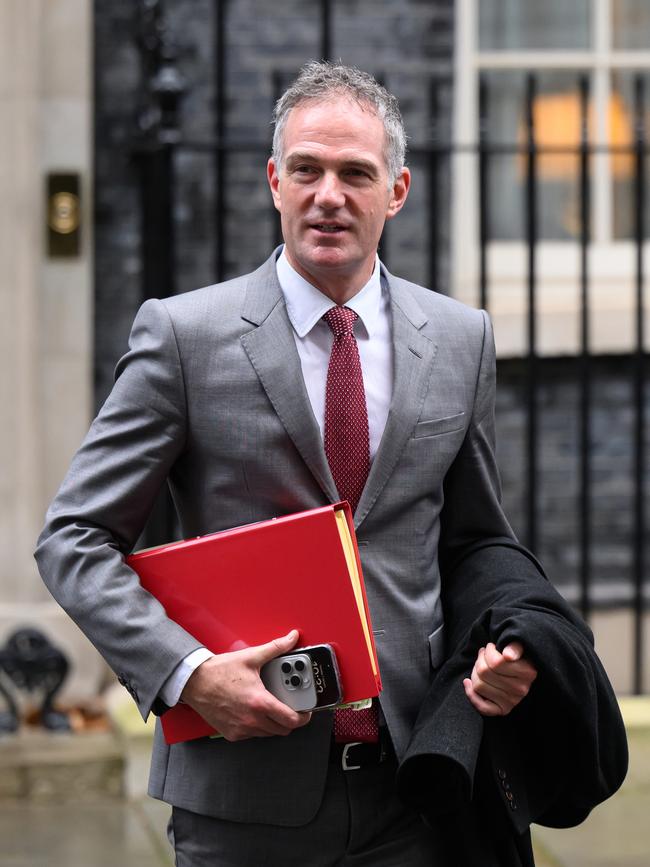Tech firms can plunder NHS archives in bid to fuel AI revolution
As the UK prepares to unlock a vast store of NHS health data, the science and technology secretary insists the government will always be in control of patient data as it targets billions in investment.

Ministers are preparing to open up the UK’s vast store of NHS health data to big tech companies in an effort to put the country at the heart of the global AI revolution.
Under plans to be announced by Sir Keir Starmer today (Monday), the health service is set to make its archives of scans, biodata and anonymised patient records available for the first time to train the latest AI models.
Ministers believe the resource, which will form part of the world’s first national data library, will be critical in putting Britain at the forefront of AI development and attract billions of pounds of investment from American tech firms into the country. However, the move has led to concerns that sensitive data could be exploited for purposes beyond which it was intended.
Peter Kyle, the science and technology secretary, insisted that the NHS and government would “always be in control of data and how it is used and who has access to it”.
He told The Times: “We will never give up control and we will never let anybody have free-range access to it.” Kyle insisted that opening up the resource to the most advanced AI companies in the world had the potential to both further scientific advances and ensure that the UK remained a leading player in the technology, which he likened to the nuclear development race.

“[AI’s] potency is equivalent to the nuclear race that we saw in the Forties and Fifties, for both weaponry and for civil use,” he said.
“It’s that kind of potency that should excite, but should also provoke the need for governments to ensure that it’s safe from the outset. But if we do it [with care], it will mean that Britain is not just at the forefront but in the forefront in a very considerable way when it comes to using digital technology for scientific advancement, creating vaccines, preventive measures for health and medical solutions to long-term chronic, expensive challenges such as diabetes and Alzheimer’s.”
Ministers have agreed to “rapidly identify” at least five high-impact public datasets they will make available to AI researchers. Sources said over time this would be extended to NHS data once privacy concerns were met.
Other elements of the AI action plan include increasing the UK’s “sovereign” AI computer power by a factor of 20 by 2030, establishing a network of AI growth zones and reforming the immigration system to remove “barriers” to start-ups and hiring overseas talent.
The action plan contains 50 recommendations made by Matt Clifford, the tech entrepreneur, all of which have been accepted by the government.
Writing in The Times, Sir Tony Blair and Lord Hague of Richmond said the prime minister needed to put a “relentless focus” on implementing Clifford’s proposals.
Previous attempts to give tech firms access to the NHS, including a $653 million contract for data sharing awarded to the US company Palantir, have alarmed privacy campaigners.





To join the conversation, please log in. Don't have an account? Register
Join the conversation, you are commenting as Logout